2003 – Community-led predevelopment work begins. Over the years, efforts include beautification, city infrastructure, and wellness.
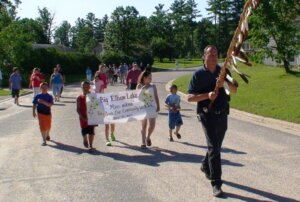
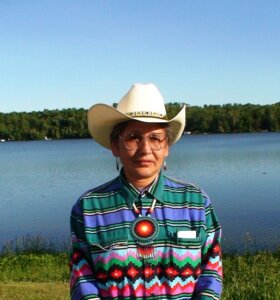
2003 – WEII acquires its first loan in portfolio, beginning a 20-year business relationship with local entrepreneur Darwin McArthur, Jr.
2003 – The Northwest Area Foundation becomes the first major foundation supporter with a pledge of $60,000. NWAF becomes a leader in the funding of similar Native organizations.
2004 –Sarah (Ruppel) Castro is MMCDC’s first hire using Volunteers In Service To America (VISTA) funding. She is credited with starting several WEII programs, which serve thousands of residents.
2005 – The hire of Audra (High Elk) Tonihka leads to steady loan growth. In 2016, she is named to Minnesota’s Top Women in Finance by Finance and Commerce magazine. David Bice is nominator.
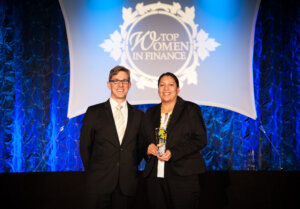
2005 — USDA provides the first of two Intermediary Relending Program loans.
2005 — Homebuyer education classes are offered using a culturally relevant curriculum. Housing counseling, online education and financial coaching opportunities follow.
2006 – With the blessing of the White Earth Tribal Council, a Volunteer Income Tax Assistance site opens in the casino. Community volunteers are a mainstay of the program, as is West Central Initiative. (Photos 5 and 6)
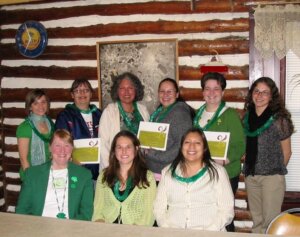
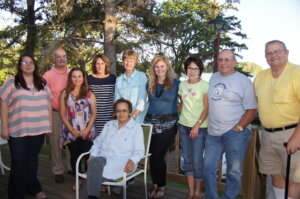
2006 – WEII finances the Naytahwaush Community Foundation to support high-quality, community-driven education. WEII later partners with affiliates on the tribal college expansion. (Photos 7 and 8)
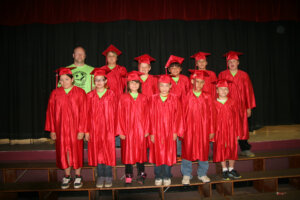
2006 – Convenience stores open in White Earth and Pine Point.
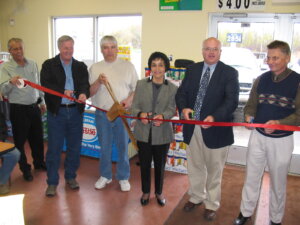
2007 – The US Department of the Treasury confers Native Community Development Financial Institution designation.

2009 – WEII moves out of Community Development Bank, Ogema, and into its own building.
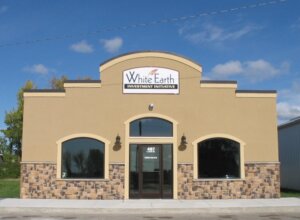
2009 – Pilot projects launch to build assets through matched savings and child trust funds.
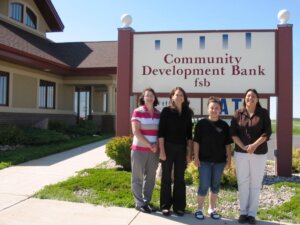
2015 – Lending begins in the Twin Cities metropolitan area.

2016 – The first home mortgage loan is provided.
2018 – 23 acres on Nett Lake is acquired for development.
2018 – Kevin Shipley retires after 12 years; he is the longest-serving CEO to date.
2019 – Oweesta accepts WEII into its HUD Housing Counseling Network.
2020 – The COVID-19 pandemic strikes; staff work remotely. Due to community layoffs, delinquent loans surpass $300,000 by the close of 2021; 20 small dollar loans are deemed uncollectible.
2021 – The company reaches $10 million in total assets.
2022— The first 20 years ends. The majority of staff and board are Native American, including one founding board member, Dan Stevens. Julia Nelmark serves as the first female CEO.

